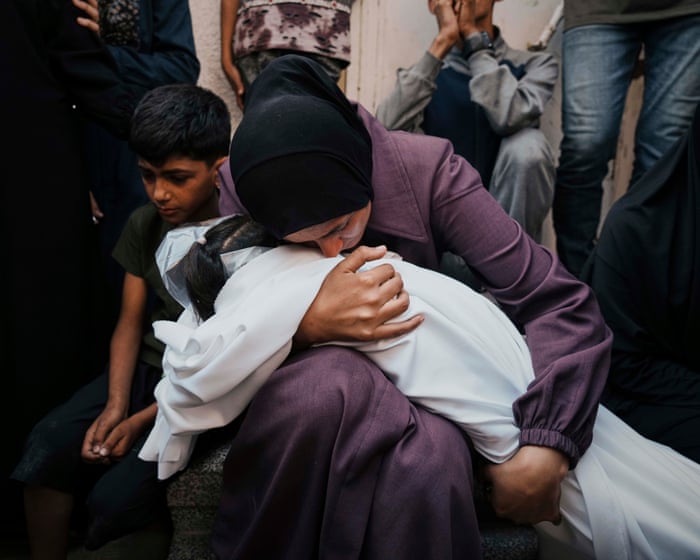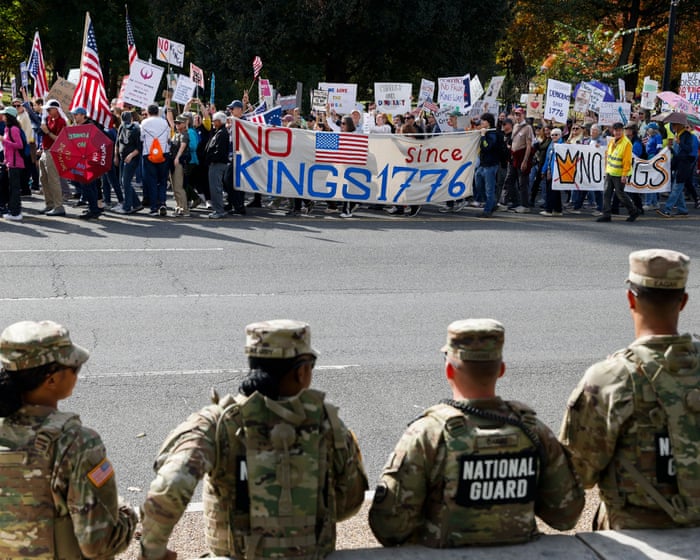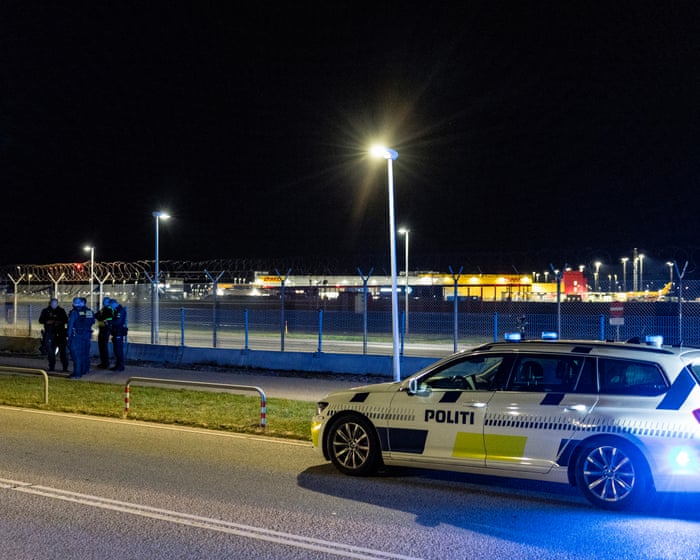Egy ENSZ-bizottság most megerősítette azt, amit izraeli, palesztin és nemzetközi emberjogi csoportok, valamint számos népirtásszakértő már korábban állított: Izrael háborúja Gázában népirtás. A bizottság arra a következtetésre jutott, hogy a tömeges gyilkosságok, a létfontosságú infrastruktúra támadása, az éheztetés, a kényszerű elmozdítás és az orvosi ellátás megtagadása a népirtás jogi meghatározásának felel meg. A népirtási szándékot "az egyetlen ésszerű következtetésnek" találja, amely Izrael vezetőinek nyilatkozatai és katonasága cselekedetei alapján egyaránt levonható.
Ezzel szemben Izrael ismételt, törvényes önvédelemre hivatkozó állításai üresnek tűnnek a nyomasztó bizonyítékok és a szándékos pusztítás egyértelmű mintázata fényében. Az ENSZ megállapításai erkölcsi egyértelműséget hoznak és politikai cselekvést követelnek, különösen az Egyesült Királyság és az USA olyan országoktól, amelyek hosszú ideig mentesnek kezelték Izraelt a nemzetközi normák alól.
Történelmileg a The Guardian támogatta a zsidó nép hazateremtési törekvéseit, és jelentős szerepet játszott a korai cionista mozgalomban, különösen az európai antiszemitizmus növekedése idején. Ez a történelem csak mélyíti jelenlegi aggodalmunkat Izrael irányvonala miatt. Más nemzeteknek szembe kell nézniük annak következményeivel, hogy lehetővé teszik Benjamin Netanyahu szélsőjobboldali kormányát, amely ismételten mentesült meg a felelősségrevállalástól a nemzetközi jog megsértésével, és szörnyű emberi árat fizettetve céljaiért.
Hamasz szörnyűségeire hivatkozni, bármilyen rettenetesek is, nem indokolja Gáza rendszerszintű pusztítását – a több mint 2 millió lakosú terület, melynek fele gyermek. Az a gondolat, hogy Gáza elpusztítása békét hoz, irreális. Jelentések szerint még Izrael katonai vezetői is titokban elismerik, hogy Hamasz esetleg nem győzhető le, ha Gáza városa elesik, és a "teljes győzelem" további katonai terjeszkedést igényelhet. Ha ez igaz, arra utal, hogy Izrael vezetői előre látják állításuk szerinti háborús céljaik kudarcát, és még nagyobb pusztításra készülnek.
Netanyahu figyelmeztette az izraelieket, hogy készüljenek az "elzártságra" és a hagyományos európai támogatás elvesztésére. Ez a változás jelentős. Az európai hatalmak, köztük Nagy-Britannia, hosszú ideig támogatták Izraelt fegyverszállítmányokkal, kereskedelmi megállapodásokkal és kutatási finanszírozással. Ezeknek a kapcsolatoknak a felfüggesztése vagy egy palesztin állam elismerése mélyreható következményekkel járna.
Az Egyesült Királyság kormányának reakciója kitérő volt. A miniszterek azt állítják, "nem jutottak arra a következtetésre", hogy Izrael népirtási szándékkal cselekszik, de ez most gyenge kifogásnak tűnik. Egy bírósági ügyből kiderült, hogy a Külügyminisztérium áttekintette az izraeli erők több mint 400 állítólagos nemzetközi humanitárius jog megsértését Gázában, de csak egyetlen esetben azonosítottak lehetséges jogsértést. A látszólagos stratégia az, hogy figyelmen kívül hagyják az egyes eseteket, hogy ne kelljen a szélesebb mintázatot látniuk.
Az ENSZ szerint a valóságot nem lehet tagadni. A népirtási egyezmény értelmében az államoknak nemcsak meg kell büntetniük a népirtást, hanem meg is kell akadályozniuk azt. Ez a küszöb átlépésre került. A további szimbolikus szankciók nemcsak erkölcsileg helytelenek – hanem bűnrészességet jelentenek. Vannak, akik óvnak az erős nyelvezettől, de Gáza már lángolban van. Nagy-Britanniának minden fegyvereladást felfüggesztenie kell, támogatnia kell a nemzetközi elszámoltathatóságot, és véget kell vetnie a jogi kiskapuk keresésének. A vádak súlyosak, a bizonyítékok nyomasztóak. Másként tettetni részvétel jelent e kor egyik legszégyenletesebb kikerülésében.
Van véleménye a cikkben felvetett kérdésekről? Ha szeretne legfeljebb 300 szavas választ e-mailben beküldeni, hogy megfontolják közlésre a levelezési rovatunkban, kattintson.



